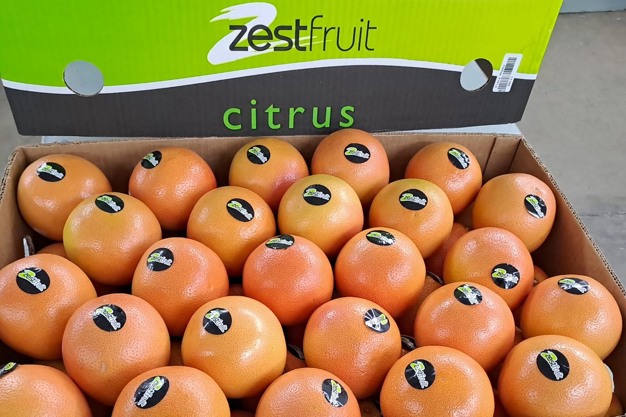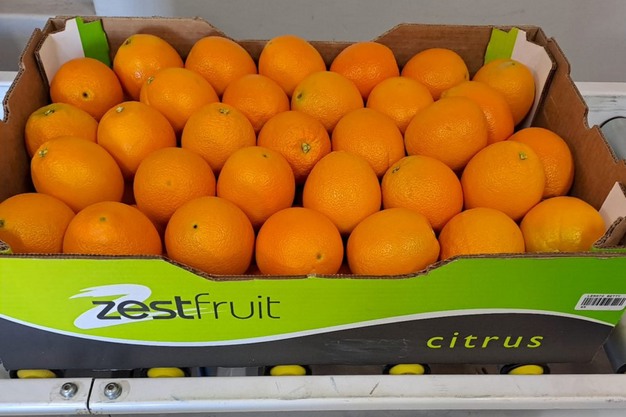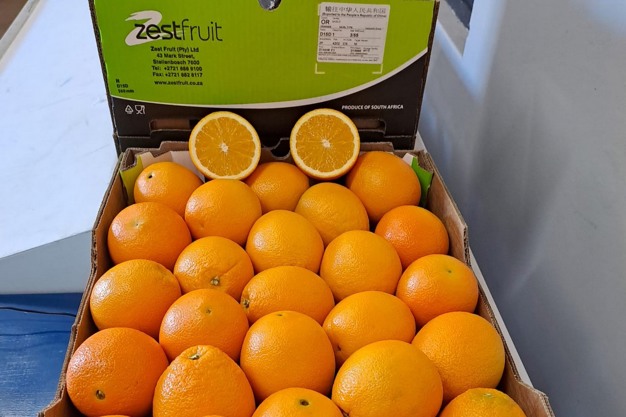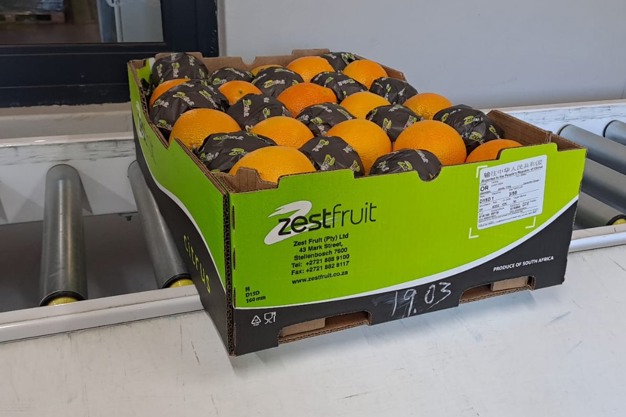South Africa's citrus exports to Russia have returned to normal volumes over the past two seasons, with consumers in the market said to change their habits by demanding higher class fruit. "The traditional perception is of Russia as a market that has gladly received Class 2 fruit. Over the past few years this perception has changed, it is now very difficultly to trade Class 2 fruit there," says Jan Carel Kritzinger, marketing manager of the export company Zest Fruit, who has Russia as one of their main export markets.

He says the Russian consumer perception and demand for better quality fruit has completely changed. "The cost that their consumer now pays is more, due to the supply chain that is driving prices higher, they now wish to have decent fruit quality. The traditional sizes of fruit will remain the same for this market."
They are seeing a negative effect of Russian banks that will no longer trade in Dollars (USD). In the past, we could go through a broker in Europe, but that has been stopped. We're unsure where we stand, we will see over the next few weeks. The other option is to have payments in Chinese Yuan, which also has its challenges. People are also saying that Russian banks need to trade fewer dollars, while some can still trade at expensive rates. There's still two banks who trade in dollars," says Kritzinger.

Looking at South Africa's export figures to Russia up to week 23, compared to the same time that the war in Ukraine started in 2022, the exports to Russia are 60% more year to date. "Star Ruby grapefruit is more than 2022, but 20% less than last year. Consumption is the big driver. Lemons are the same as the previous season, those volumes are closer to a traditional year. Oranges are behind in the industry, mainly due to high local juice prices. Soft citrus volumes are the same as last year, which is more than the previous season. To date, Russia exports were normal."
Besides Russia as their key market, the spread of markets differs from company to company. "Russia remain a key market for South African producers," states Kritzinger.

Kritzinger says if anything he notes even more suppliers of citrus from South Africa to Russia. "Compared to 2022 there are more players from South Africa to Russia - referring to Russian retailers especially. The move is to supply directly to retail, which makes the collecting of money easier. Retail works strictly on a contractual basis, while in wholesale there's more trading, and it comes with higher risk."

He says the 2024 South African citrus season is very unpredictable. "The winter cold came too late, it played a big role in the late colouring. The harvest is spread further and now we had the rain. This season is very unpredictable. If you look at the later product, we hope that the current small sizes that we see will not be the same throughout the season," concludes Kritzinger.
For more information:
Jan Carel Kritzinger
Zest Fruit
Tel: 021 888 9100
[email protected]
www.zestfruit.co.za
